The recent wave of layoffs is dizzying. One company after another; thousands at time.
What if YOU are one of the thousands? When the dust settles, is there a way to make the most of your transition?
We think so. At Emerson Human Capital, we use brain science to help employees and organizations change. We’ve learned that moments matter. That means people process experiences differently based on whether they are at the beginning, middle, or end of an event. You can use these moments to your advantage.
Ends
If you’re leaving a job, you should know that endings leave a lasting feeling that retroactively colors the entire experience. So be intentional about how you end things.
Ends are a great opportunity to establish meaning.
If you’ve been laid off, you might feel the meaning has been decided for you: you’re unemployed and your efforts weren’t valued. But we urge you to take that power back.
Decide how you want to define this ending for you and your co-workers. What impact do you want to leave? What feelings do you want to have when you look back on this time?
Do the things that will make that happen. Maybe you want to create a transition package for your team, so they’re in good shape after you go. Maybe you decide to write goodbye emails or have lunch with colleagues. Maybe you take a printer out into a field and destroy it with a baseball bat. Note that we are NOT advocating violence against office equipment; the point is that it’s up to you.
Beginnings
First impressions are the bomb. They are like a bomb going off in your brain—it’s receiving a ton of new information and evaluating all of it as fast as it can. Is this situation good or bad? Safe or dangerous? Do I like it or not? First impressions set the tone for a person’s entire relationship with another person, event, or entity.
That goes for you (the new person joining an organization) and your new colleagues and leaders. The start of a new job is a chance to grab people’s brains and turn them into a fans or foes.
First, give yourself a great start.
Begin a new job well-rested and well-dressed. Maybe even treat yourself on your first day—it might sound silly, but these things actually change what happens in our brains. Second, assume good will. Many organizations are just not great at onboarding. If your new work home is one of them, recognize that onboarding is a finite process and doesn’t represent your day-to-day life on the new job. But if your organization is giving you a warm and thoughtful welcome, congrats! Your good first impression of your new company will carry you forward.
Next, give your new co-workers and leaders a great start. They’re unconsciously forming first impressions of you. Everything they notice will have an out-sized effect on their idea of you, at least until they get to know you. Don’t freak out, just be intentional about it. Speak, act, and present your best self.
So, if you’re caught in the craziness of a layoff—after you smash the printer—stop, think, and make it better.




